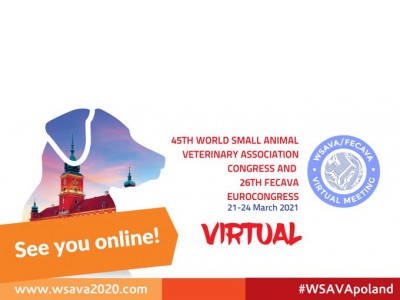GuidelinesGuidelinesGL1: Worm Control in Dogs and CatsGL2: Superficial Mycoses in Dogs and CatsGL3: Control of Ectoparasites in Dogs and CatsGL4: Parasitological Diagnosis in Cats, Dogs and EquinesGL5: Control of Vector-Borne Diseases in Dogs and CatsGL6: Control of Intestinal Protozoa in Dogs and CatsGL7: Control of Parasites and Fungal Infections in Small Pet MammalsGL8: A guide to the treatment and control of equine gastrointestinal parasite infectionsGuideline MapsModular GuidesMG1: Worm Control in Dogs and CatsMG3: Control of Ectoparasites in Dogs and CatsMG5: Control of Vector-Borne Diseases in Dogs and CatsLife CyclesGL1/MG1: Worm Control in Dogs and CatsGL3/MG3: Control of Ectoparasites in Dogs and CatsGL5/MG5: Control of Vector-Borne Diseases in Dogs and CatsGL6: Control of Intestinal Protozoa in Dogs and CatsGL8: A guide to the treatment and control of equine gastrointestinal parasite infectionsFact SheetsHow to protect pets from parasitesPoints to consider when importing a rescue dogGiardia infection in dogs and catsRaw meat-based dietsScheme for individual deworming of catsScheme for individual deworming of dogsToxocara infection in dogs and catsAbstractsGlossary

